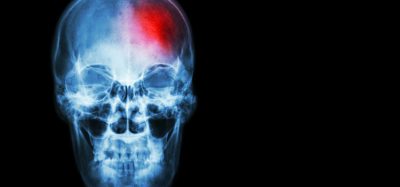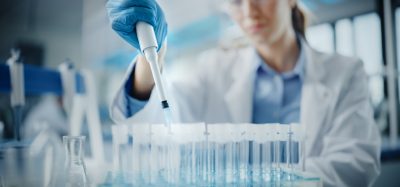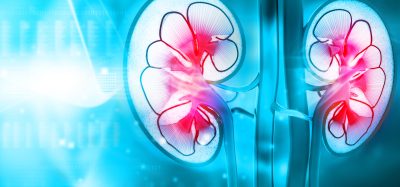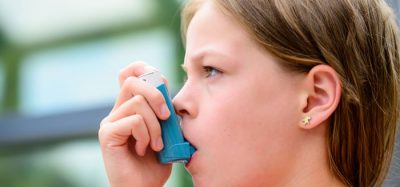Intestinal bacteria found to produce SARS-CoV-2-inhibiting compounds
Posted: 21 June 2021 | Victoria Rees (Drug Target Review) | No comments yet
Researchers have screened bacteria in the gut, finding that Bifidobacteria have inhibitory activity against SARS-CoV-2.
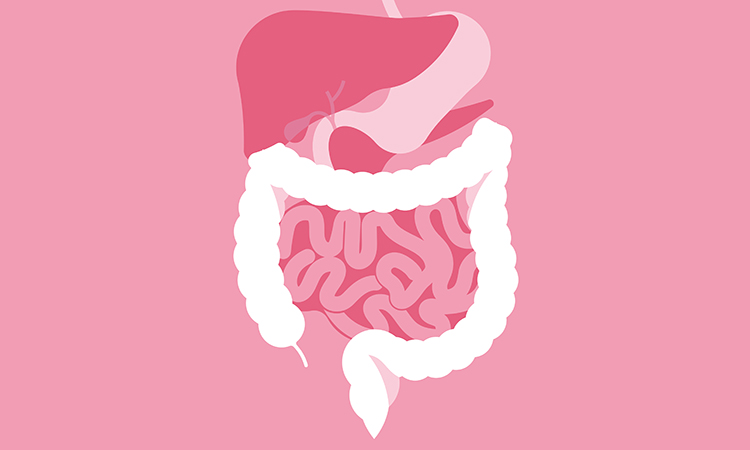

Researchers from Yonsei University, South Korea, have found that certain commensal bacteria that reside in the human intestine produce compounds that can inhibit SARS-CoV-2.
According to the researchers, previous clinical findings have shown that some patients with moderate to severe COVID-19 have gastro-intestinal symptoms, while others showed signs of infection solely in the lungs.
“We wondered whether gut resident bacteria could protect the intestine from invasion of the virus,” said Mohammed Ali, a PhD student who worked on the study.
To investigate this hypothesis, the team screened dominant bacteria inhabiting the gut for activity against SARS-CoV-2. Their search revealed that Bifidobacteria, which have previously been shown to suppress other bacteria such as H. pylori and have proven active against irritable bowel syndrome, had such activity.
The investigators also used machine learning to search for potential illness-fighting compounds in databases containing microbially produced molecules, discovering some that might also prove useful against SARS-CoV-2.
“To train our model we leveraged previous coronavirus datasets in which several compounds were tested against targets from coronaviruses,” said Ali. “This approach seems to be significant as those targets share features in common with SARS-CoV-2.”
Ali emphasised the ecological nature of this approach, observing that many existing antibiotics and cancer therapies are compounds that bacteria use to compete with each other within the gastrointestinal tract and that these were initially purified from microbial secretions.
“Finding microbes that secrete anti-coronavirus molecules will be a promising method to develop natural or engineered probiotics to expand our therapeutics prevention techniques, to provide a more sustainable way to combat the viral infection,” said Ali.
The research will be presented at the World Microbe Forum, an online meeting of the American Society for Microbiology (ASM) and the Federation of European Microbiological Societies (FEMS).
Related topics
Biopharmaceuticals, Drug Discovery, Immunology, Microbiology, Microbiome, Molecular Targets
Related organisations
Yonsei University
Related people
Mohammed Ali




